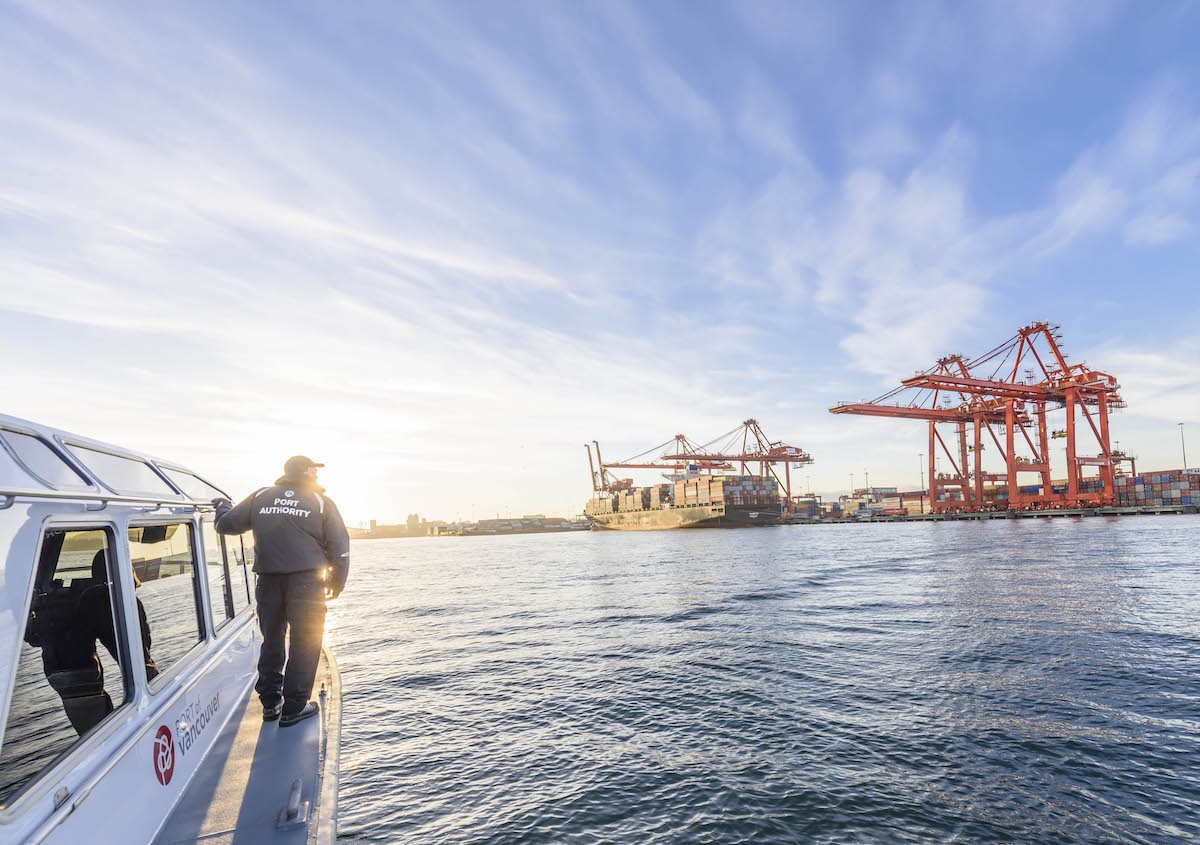Union rejects settlement deal to end strike at B.C. ports
Federal officials say they are looking at ‘all options’ to resolve the dispute.

The Port of Vancouver is Canada’s largest port. – Port of Vancouver
Key Takeaways:
- The parties announced that a deal was in sight after 13 days of striking, but it was voted down.
- Federal officials stated that they believe the strike is not legal and are exploring all options to end it.
- The union explained that they voted the deal down as they felt it would not protect their jobs now or into the future.
The Whole Story:
*Editors Note: This story has been updated as of 8 a.m., July 20, 2023 as the union’s strike notice has been rescinded.
Federal Labour Minister Seamus O’Regan Jr. and Minister of Transport Omar Alghabra say they are “looking at all options” and to resolve a reignited port strike on Canada’s west coast.
Just when it seemed that a deal was in sight, collective bargaining negotiations between the British Columbia Maritime Employers Association (BCMEA) and the International Longshore and Warehouse Union (ILWU) Canada collapsed.
“Last week, after 13 days of work stoppage, Minister O’Regan asked federal mediators to provide recommendations on the terms of a settlement between the BCMEA and the ILWU Canada,” said government officials in a statement. “Both parties tentatively agreed to this settlement to bring an end to the strike.”
Ottawa received formal notice from the BCMEA that their membership had accepted this deal in full. However, they were also informed that, despite initially agreeing to recommend the Terms of Settlement, the ILWU Canada’s leadership had decided not to recommend ratification of the terms to their members.
The ministers stated that workers and employers across Canada cannot face further disruption and they are looking at all options. They added that there would be further announcements this week.
“We should not be here,” said the ministers. “The deal presented to the parties was the result of a constructive and substantive collective bargaining process. It represented a fair and balanced deal. It was informed by weeks of collective bargaining and drafted by third-party mediators in the interest of both the union and the employer. We have been patient. We have respected the collective bargaining process. But we need our ports operating.”
O’Regan Jr. also noted that the Canada Industrial Relations Board (CIRB) – an independent body created to keep industrial peace – ruled that the ILWU Canada cease and desist from participating in any strike action because the union did not provide 72 hours notice.
The ILWU Canada Longshore Caucus explained that it voted down the mediators Recommended Terms of Settlement because it does not believe the recommendations had the ability to protect their jobs now or into the future.
“Our position since day one has been to protect our jurisdiction and this position has not changed,” said the group. “With the record profits that the BCMEA’s member companies have earned over the last few years the employers have not addressed the cost of living issues that our workers have faced over the last couple of years as all workers have. The term of the collective agreement that was given with today’s uncertain times, is far too long. We must be able to readdress the uncertainty in the world’s financial markets for our members.”

